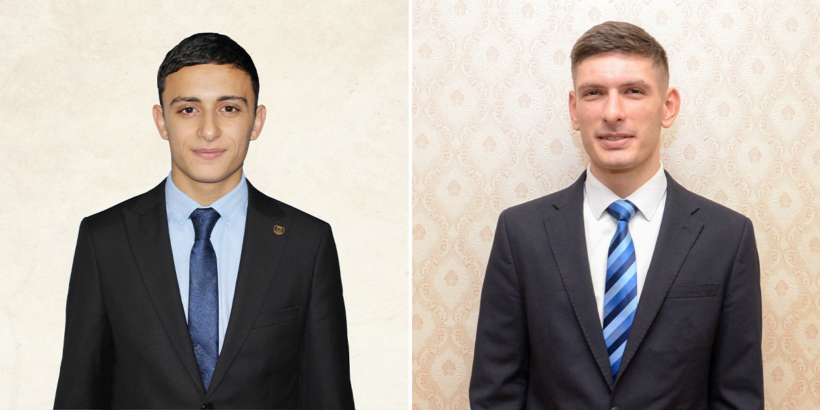A thin red line unites different countries that do not want to recognize the right to alternative civil service for those who, for ethical or religious reasons, refuse to perform military service.
After mentioning the “strange case of South Korea,” the one concerning Azerbaijan also deserves consideration.
The former Soviet republic has now taken the form of a semi-presidential republic. Although this has led to greater respect for human rights, so much so that the Azerbaijani state is a member of several international organizations including the United Nations and the Council of Europe, in recent years the country has had a detention regime applied against those who refuse to perform military service. As is often the case in such cases, the first to fall victim were several Jehovah’s Witnesses. Royal Karimov, Seymur Mammadov, Emil Mehdiyev, and Vahid Abilov, whose names have also been at the center of international news stories related to human rights violations, are four of the young men who recently had to go through this very harsh path despite having repeatedly expressed their full willingness to perform alternative civil service because it was deemed not to be contrary to their conscience and the biblical principles they apply in their lives.
Their willingness, however, has gone woefully unheeded. Despite repeated indications in this regard from the United Nations and other international human rights bodies (including the European Court of Human Rights), to date the government in Baku has not yet adjusted its legislation and does not grant conscientious objectors the possibility of alternative community service. Only thanks to the various appeals filed by defense attorneys, in most cases, objectors have been released from prison (often because of suspended sentences and not because of the annulment of the conviction) after more or less long periods of time.
Moreover, during the time they were detained, these boys were sometimes also denied requests related to what for them were basic and certainly inoffensive needs, such as being able to have a Bible. This is not the first time Azerbaijan has ended up in the international news for its failure to respect civil rights. Some behaviors have sometimes run along the tracks of religious intolerance, and in one case even led to the arrest of two women just because in their volunteer work they were having conversations about the message contained in the Bible with some of their neighbors.
Just as in other states, it is, therefore, more desirable than ever for Azerbaijan to implement the indications of the European Court of Human Rights to grant its citizens the opportunity to take advantage of genuine alternative civilian service, and to cease adopting such punitive behavior, applied against those who with great courage decide not to harness any kind of weapon and to do their part to make the world more peaceful, being willing even to sacrifice their freedom.










